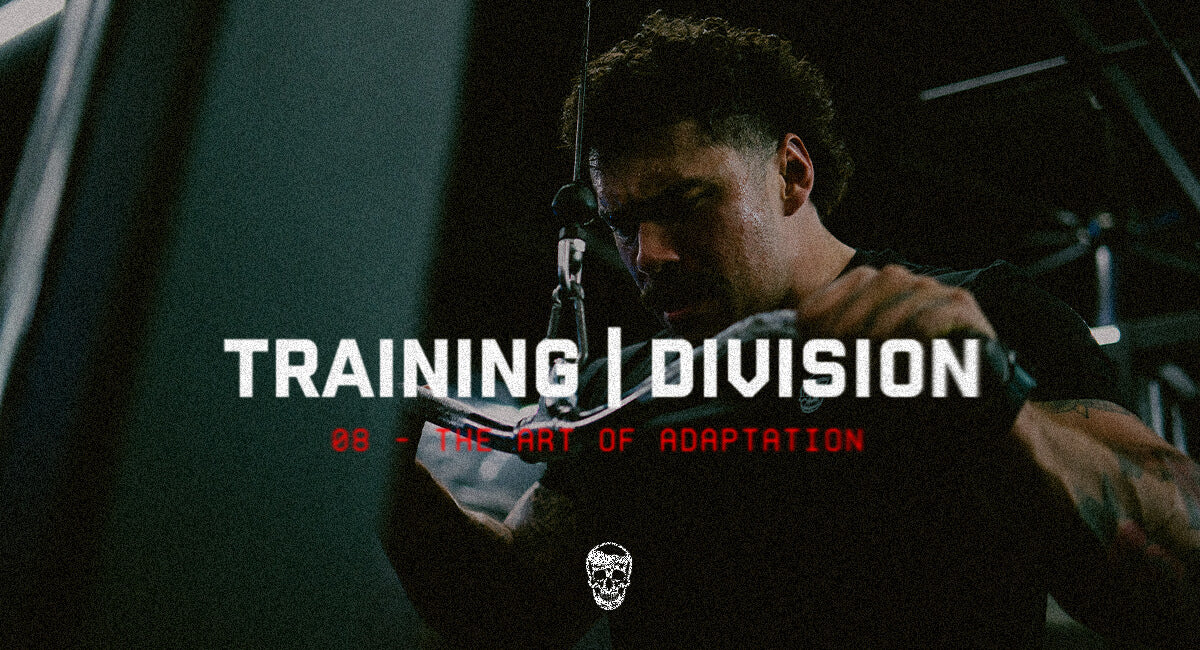In the dynamic world of sports, success often hinges on the ability to adapt. Much like an artist seamlessly adjusting their strokes to suit different mediums or styles, athletes must master the art of adaptation to thrive in ever-changing environments.
Adaptation isn't merely reacting to circumstances; it's an active process of evolution and innovation. It requires athletes to remain flexible, agile, and mentally resilient in the face of unexpected challenges. Whether it's devising new strategies on the fly, adjusting techniques mid-game, or overcoming unforeseen obstacles off the field, adaptation is the cornerstone of athletic excellence.

Every athlete encounters moments where their carefully laid plans unravel or their opponent presents an unforeseen challenge. It's in these moments that the art of adaptation truly shines. Champions embrace these challenges as opportunities for growth, using their creativity and resourcefulness to navigate unfamiliar terrain and emerge stronger on the other side.
Adaptation isn't a sign of weakness; it's a testament to an athlete's ability to thrive in the face of adversity. It's about embracing change, learning from experience, and evolving into a more versatile and resilient competitor. The art of adaptation separates the good from the great, the champions from the contenders, and is a vital skill in the pursuit of athletic excellence.
So, the next time you find yourself confronted with unexpected challenges or setbacks, remember that adaptation is your greatest asset. Embrace the opportunity to evolve and innovate, knowing that it's through adaptation that you'll unlock your full potential and achieve greatness in your sport.

Key Takeaways:
- Adaptation is essential: In the dynamic world of sports, the ability to adapt is crucial for success. Athletes must learn to adjust to changing circumstances and overcome unexpected challenges.
- Creativity and resilience: Adaptation requires athletes to be creative and resilient, finding innovative solutions to navigate obstacles and setbacks.
- Embracing change: Champions embrace change as an opportunity for growth and evolution. They understand that adaptation is not a sign of weakness but a demonstration of strength and agility.

Action Steps:
- Stay mentally flexible: Practice mental flexibility by remaining open-minded and adaptable in your approach to training and competition. Be willing to adjust your strategies and techniques as needed.
- Learn from experience: Reflect on past experiences where adaptation was necessary and identify lessons learned. Use these insights to better prepare yourself for future challenges.
- Simulate unpredictable scenarios: Incorporate drills and exercises into your training routine that simulate unpredictable or challenging situations. This will help you develop the skills and mindset needed to adapt on the fly.
- Seek feedback: Seek feedback from coaches, teammates, and mentors on your ability to adapt to different situations. Use their insights to identify areas for improvement and refine your adaptive skills.
- Stay resilient: Cultivate resilience by maintaining a positive attitude and mindset, even in the face of adversity. Believe in your ability to overcome obstacles and trust in your capacity to adapt and thrive in any situation.












Leave a comment
All comments are moderated before being published.
This site is protected by hCaptcha and the hCaptcha Privacy Policy and Terms of Service apply.